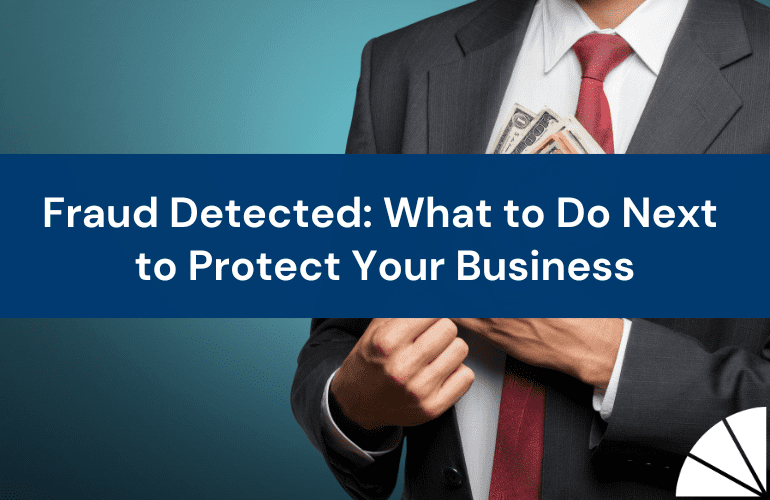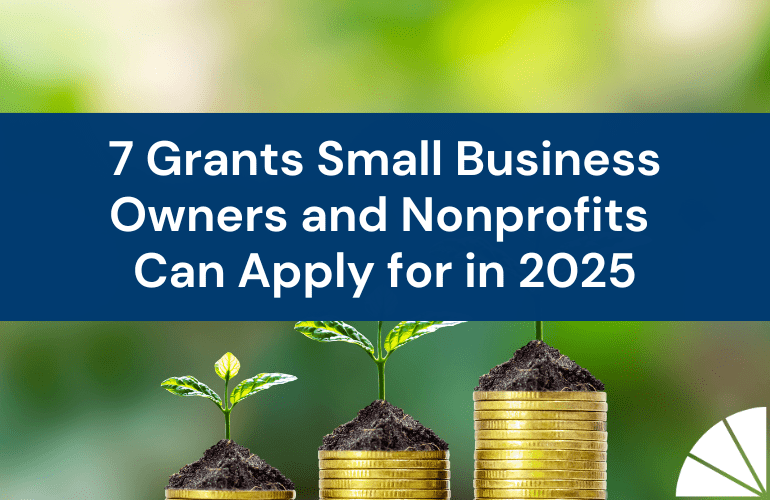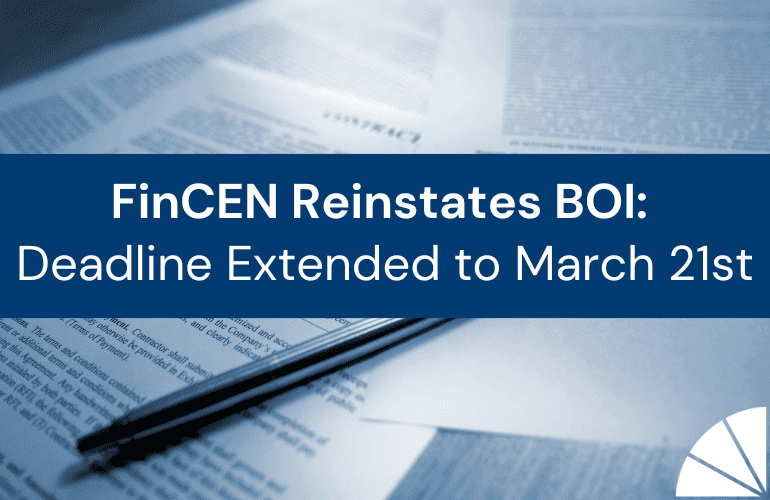
Section 1202 of the Internal Revenue Code is obviously named by someone without any marketing background: Partial Exclusion for Gain From Certain Small Business Stock. This name makes this section sound boring and drab, yet it’s anything but. Behind such a lackluster name is hidden one piece of legislation that keeps growing in value. If your stock meets all the definitions and tests under this section, you may be able to exclude 100% of the federal gain on the sale. If this sounds interesting, please continue reading.
Qualified Small Business Stock (“QSBS”) must be acquired at original issue by the taxpayer from the C-Corp in exchange for money or other property (not including stock) or as compensation for services. I will repeat: in order to be eligible for Section 1202 exclusion, the stock must not be acquired by repurchase, reissue, or treasury stock – only the originally issued stock qualifies. The rules around this requirement are stringent and go beyond the scope of this article. The following is an overview of QSB:
What is “Qualified Small Business”
A “qualified small business” is a domestic C corporation (C-Corp) that meets three threshold requirements:
- The aggregate gross assets of the corporation, including any predecessor corporation, never exceeded $50 million on or after August 10, 1993, and prior to issuance.
- The aggregate gross assets of the corporation immediately after issuance (including amounts received upon issuance) did not exceed $50 million.
- The corporation agrees to submit reports to the Secretary and its shareholders as the Secretary may require.
- The corporation uses at least 80% of its assets (as measured by fair market value) in the active conduct of a “qualified trade or business” (the “80% test”).
Limitations on Gain Exclusion
The statute limits the per-issuer amount that can be excluded to “eligible gain,” which is the greater of:
- $10 million reduced by any amount the taxpayer excluded from sales or exchanges of QSBS from the same issuer in prior years, or
- 10 times the aggregate adjusted basis of the QSBS issued by the corporation disposed of by the taxpayer during the taxable year, as measured on the original issue date.
The allowable exclusion is as follows (subject to the limitations outlined below):
- 100% exclusion of gain on QSBS held more than 5 years and acquired after Sept 27, 2010
- 75% exclusion of gain on QSBS held more than 5 years and acquired after Feb 17, 2009, and before Sep. 28, 2010
- 50% exclusion of gain on QSBS held more than 5 years and acquired before Feb 18, 2009
Finally, to be eligible for the QSBS exclusion, a stockholder must hold this stock for at least 5 years and the QSB Company must meet the active business requirement (noted above) for the entire term that the QSBS is held.
Not every C-Corp qualifies for the exclusion even if they meet the requirements of the Law. Congress specifically made certain companies ineligible from receiving benefits of Section 1202. The list of excluded trades or businesses is somewhat on a longer side, so I will just attempt to summarize them: no businesses for which Section 199A (Qualified Business Income Deduction) is applicable; no business in the financial industry; farming or extractive businesses; or the hospitality industry.
In the current environment, the cost-benefit analysis in the choice of entity decision will favor C-Corps more frequently when QSBS treatment applies. As you may have noticed, Section 1202 provides potentially great benefits for the investors, but there are many traps for the unwary in complying with all the requirements specified in this section. It’s therefore critically important to have an experienced tax team behind you when dealing with the complexity of Section 1202 upon company formation and when evaluating eligibility of the benefits for existing businesses.
Therefore, your best bet would be to get in touch with Steve Gallant and arrange for a planning session around this obscure-but-becoming-mainstream provision of tax law. We understand that tax laws can be complicated for small businesses. If you have questions about this, or any other tax issues, our business tax advisors are here to help. Contact us today.
by Igor Novikov





